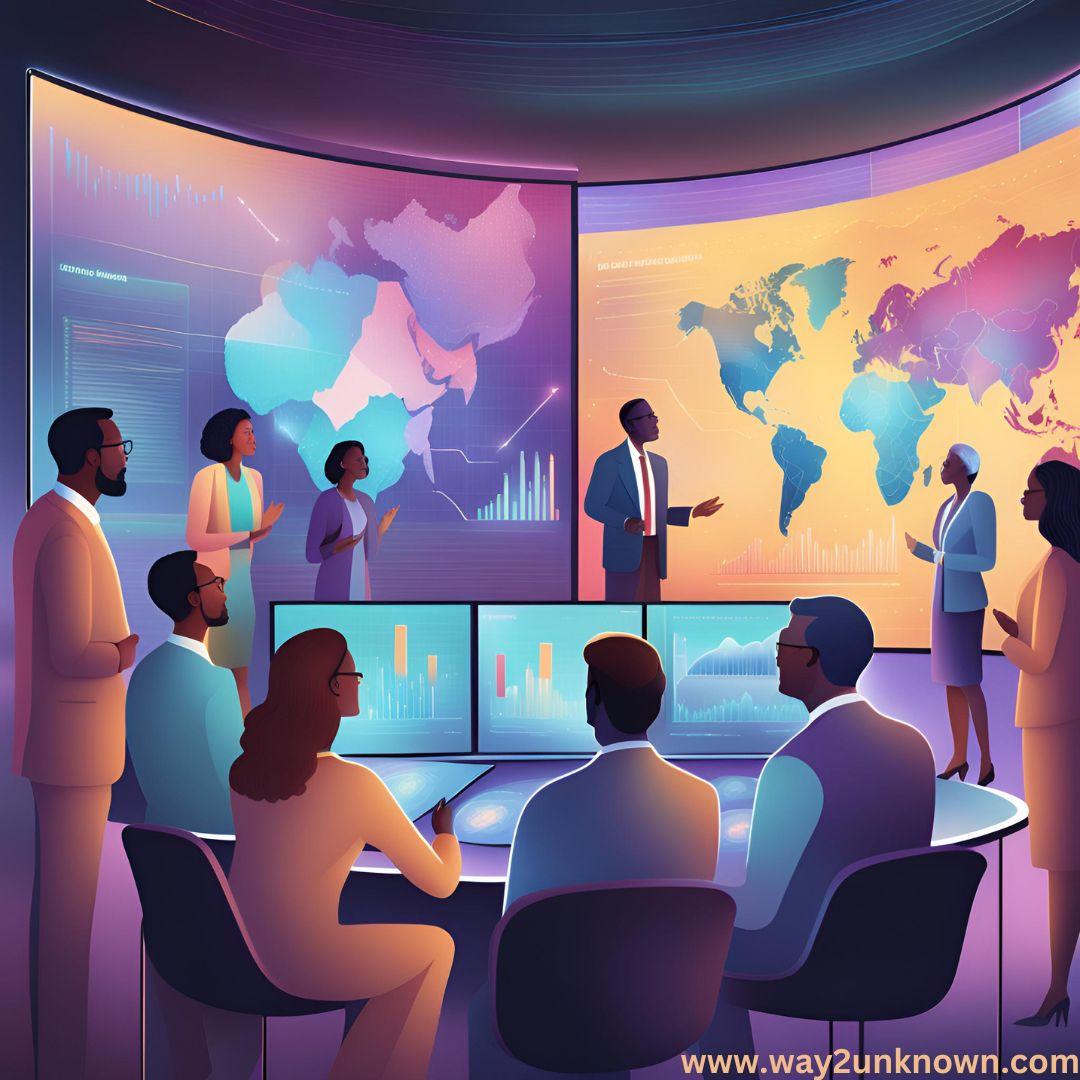AI in Policy Analysis: Data-Driven Decision Making for Better Governance

Artificial Intelligence (AI) is revolutionizing policy analysis by enabling data-driven decision-making processes that enhance governance effectiveness. In today's complex and rapidly evolving global landscape, policymakers face unprecedented challenges ranging from economic shifts to environmental sustainability and public health crises. AI offers a powerful toolkit that leverages vast amounts of data to provide insights and predictions crucial for informed policymaking.
One significant application of AI in policy analysis lies in its ability to process and analyze immense datasets at speeds beyond human capability. This capability allows policymakers to extract actionable insights from diverse sources such as social media trends, economic indicators, and demographic patterns. By harnessing AI algorithms, governments can anticipate trends, identify potential risks, and formulate proactive policies that address emerging issues before they escalate.
Moreover, AI facilitates evidence-based policymaking by removing biases inherent in traditional decision-making processes. Machine learning models can detect patterns and correlations within data, offering policymakers a more comprehensive understanding of complex societal issues. For instance, AI-driven analysis can reveal nuanced insights into public sentiment, optimizing resource allocation and fostering more responsive governance.
Furthermore, AI augments policy evaluation and impact assessment through sophisticated simulations and predictive analytics. Governments can simulate various policy scenarios to forecast potential outcomes, mitigate risks, and optimize policy interventions. This proactive approach not only enhances policy effectiveness but also promotes transparency and accountability in governance practices.
In conclusion, AI's integration into policy analysis signifies a transformative shift towards data-driven governance. By harnessing AI's analytical prowess, policymakers can navigate complexities with greater precision, devise policies aligned with societal needs, and ultimately foster more resilient and inclusive societies. As AI continues to evolve, its role in shaping the future of governance promises to redefine how nations address challenges and seize opportunities in an increasingly interconnected world.